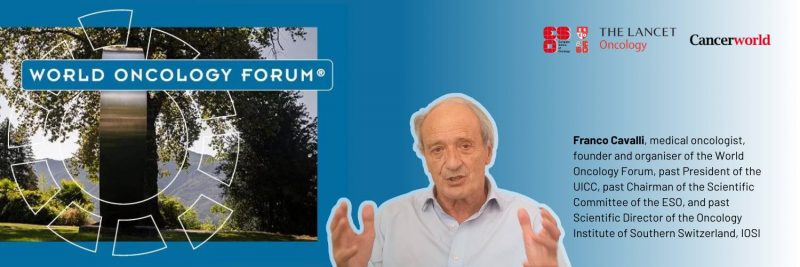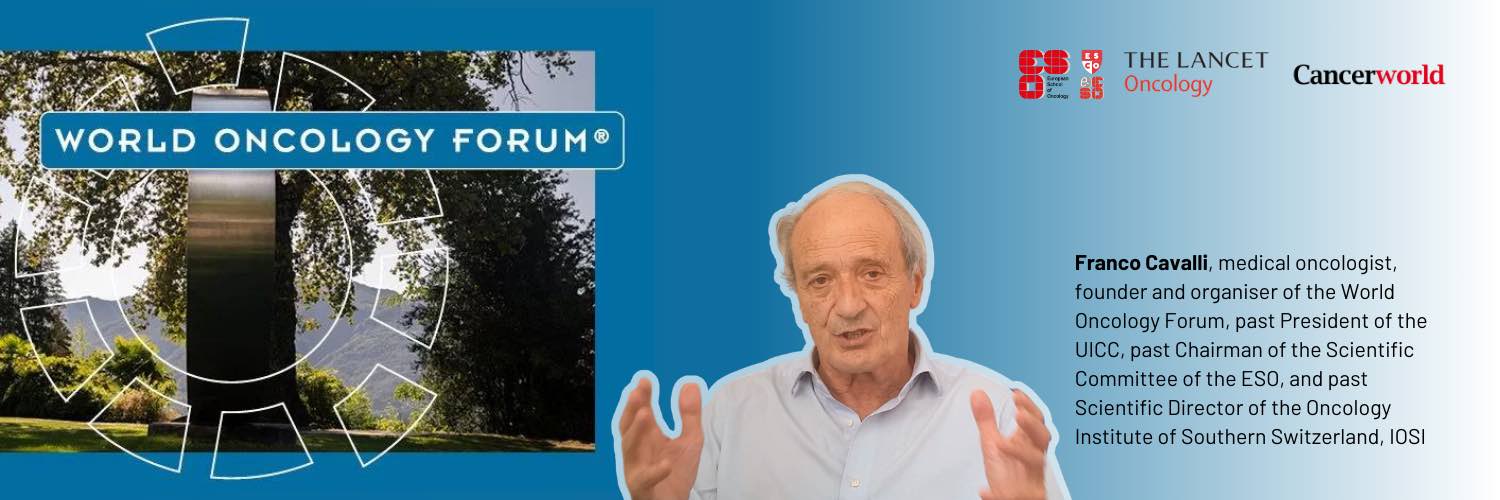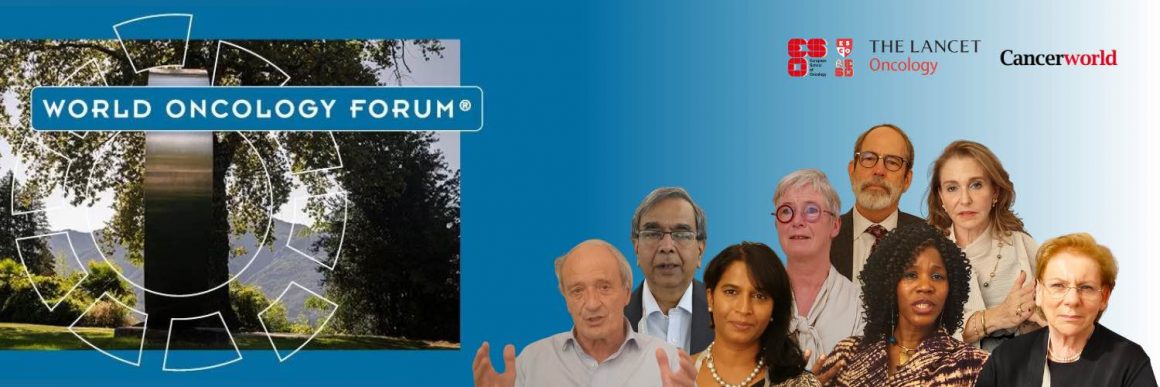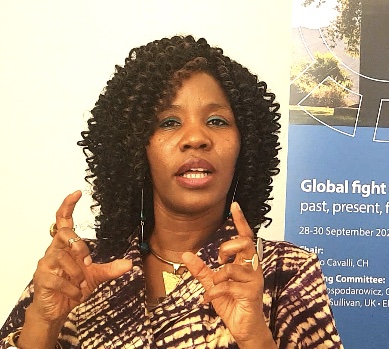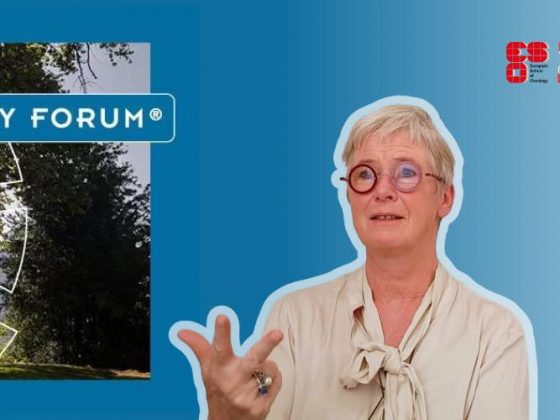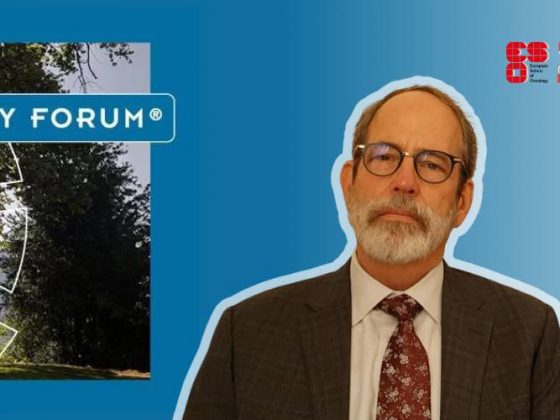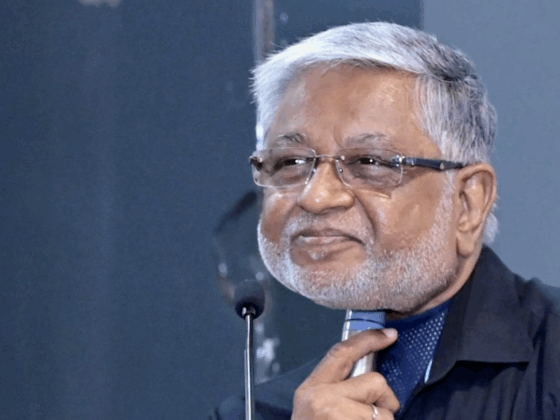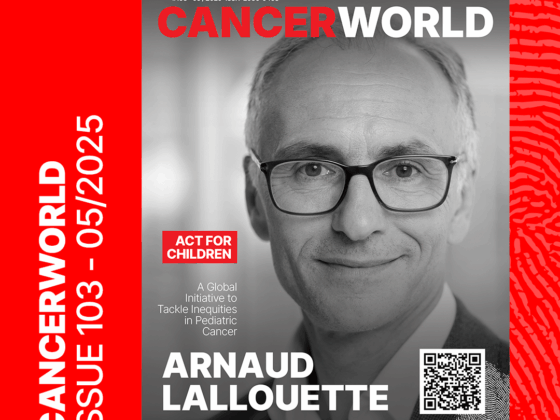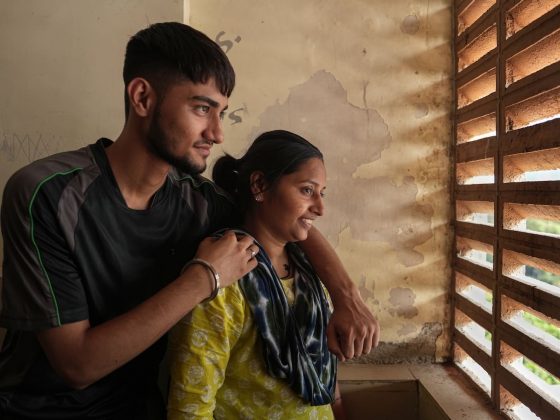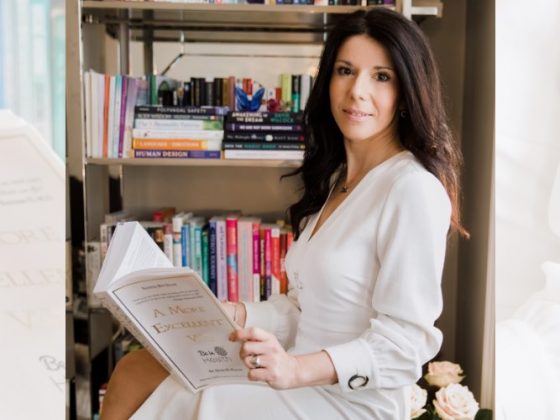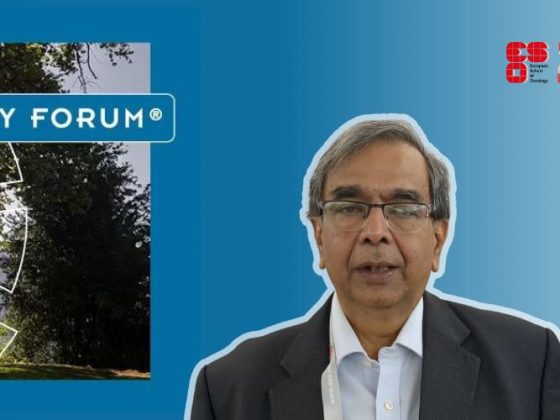What progress can we point to? Firstly, there is more awareness in the community about cancer, and that cancer is becoming increasingly a problem of developing countries. Fifteen years ago everyone was thinking that cancer was a disease of the rich countries. Now we know this is less and less the case.
Significant progress has also been made, for instance, in vaccination against HPV and hepatitis B, which has become almost universal. There have also been important international initiatives on breast cancer, cervical cancer and paediatric oncology. Some are very developed, others are just at the beginning, but they are on the right track. I am sure we will very soon see progress in childhood cancer, as well as decreasing rates of cervical cancer and improving outcomes for breast cancer.
Where are we failing? We have not managed to involve the international political organisations: the G7 did something, but it is still very embryonic, the G20 hasn’t discussed cancer at all so far, and at the UN special meeting on non-communicable diseases, cancer was touched on only marginally. There is still a lot to do to engage governments in fighting cancer.
We have also failed to make much progress on securing global access to a basic treatment package that we have been advocating for over the past 10 years. There are a few more radiotherapy machines, but there are still at least 30 countries worldwide where there is no radiotherapy treatment available.
We were also advocating for a new system for developing affordable drugs that could make a big difference to patient care, and this too has not happened. The reverse has happened. The drugs are much more expensive today than 10 years ago, and many reviews have shown that almost two-thirds of the new drugs have a marginal impact either on prolonging survival or improving the patients’ quality of life.
What should we be advocating for today? Ten years ago, many people thought that we needed more resources, but those resources could come to a certain extent from philanthropy – the concept of a global fund for cancer. Now we are realising that it is impossible to solve problems as big as global cancer with philanthropy. Besides which, many countries in the developing world are increasingly sceptical about approaches just based on philanthropy. We need another approach, where governments, public spending, taxes, together with development banks play the overarching role in financing the global fight against cancer.
Public money is the way to go for research, but also for financing a better structure for healthcare. And we know that without having functioning healthcare it is impossible to fight cancer. We also do need to stay focused on prevention as the most effective way to tackle cancer. More research funding put towards prevention, investment in cancer registries, which has stalled during the last 10 years, and also looking towards new technologies, such as genetic testing and artificial intelligence, to help improve prevention and early diagnosis in developing countries.
This was one of eight interviews with participants of the World Oncology Forum that were conducted by Cancerworld. Click on the links below to see what the others had to say.
Advocating for accessible cancer care in the global South: are we doing this all wrong?
Nirmala Bhoo Pathy, Public health physician, University Malaya, Kuala Lumpur
“What is not being discussed is how do we improve wellbeing?”
See interview summary | See video
Miriam Mutebe, Breast cancer surgeon, Agha Khan University, Nairobi, and President Elect of AORTIC, the African Organisation for Research and Training in Cancer
“We need to think critically about how our healthcare system can deliver the best for patients”
See interview summary | See video
Felicia Marie Knaul, Co-chair of the Lancet Commission on Cancer and Health Systems, Sylvester Comprehensive Cancer Center and Director of the Institute for Advanced study of the Americas, University of Miami, Florida, President of the Mexican breast cancer advocacy group Tómatelo a Pecho
“In this post-Covid world we have the opportunity to harness technology in ways that we have never seen before”
See interview summary | See video
Srinath Reddy, Founder and Past President of the Public Health Foundation of India
“We need to make care affordable and strengthen our health workforce so we have people who can deliver the wide range of services that are needed”
See interview summary | See video
Bente Mikkelsen, WHO Director for Non-Communicable Diseases
“We should think through what is needed to ensure we have accountability, and simplify the metrics on what success looks like”
See interview summary | See video
Ben Anderson, Breast Cancer Surgeon, WHO Global Breast Cancer Initiative lead
“Our role is not to tell everybody what to do; it’s to create tools so they can do this in the way that is most effective in their environment”
See interview summary | See video
Mary Gospodarowicz, Radiation oncologist at Princess Margaret Cancer Centre, University of Toronto, co-chair of the Lancet Commission on Cancer and Health, Past President of the UICC
“We’ve been talking to decision makers for 20–30 years. It hasn’t worked. I think we now have to engage better with the public”

